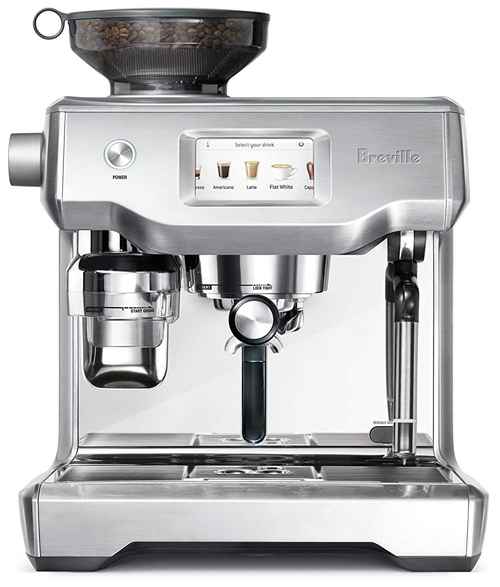Why does coffee make me poop?
As coffee lovers, we might have observed the feeling of rushing to the restroom after sipping a cup or more of coffee. Yes, coffee can makes you poop, that’s a fact. Some would say, it’s the caffeine to be blamed which is partially true. However, though caffeinated coffee makes us poop more, decaffeinated coffee also does. This was also shown in a 1990 study that both regular and decaffeinated coffee leads to restroom rush.
On the other hand, some also believe that it can cause some serious intestinal problems such as dyspepsia or indigestion. Yet, based on a study in 2009 that dyspepsia is found to be unassociated with coffee although it can cause heartburn and gastro-oesophageal reflux. So, why does coffee make you poop? Let’s look at the reasons below.
1) Coffee can stimulate intestinal motility
This is more likely the reason most of us know. As discussed in the research, coffee, decaffeinated or not, affects the colonic function of our body. Therefore, this stimulation in our intestinal motility is considered effective in alleviating constipation. Given this fact, too much consumption of coffee may lead to Irritable Bowel Syndrome and Inflammatory Bowel Disease especially to those who have gastrointestinal problems.
2) Milk and Cream Intake
Some of us would want to make our coffee sweeter so we add milk or cream. Lactase is an enzyme responsible for the breakdown of sugar and milk. People who don’t have enough of this lactase are said to be lactose intolerant. Hence, if we are lactose intolerant, the consumption of milk or cream that was added to our coffee can cause gastrointestinal symptoms. We might have blamed the coffee but it’s actually the milk or the creamer.
3) Serious gastrointestinal conditions
Caffeine is one of the foods we must avoid if we have serious gastrointestinal conditions. In relation to item number 1, coffee can stimulate intestinal motility and may worsen our existing gastrointestinal problems. This includes Irritable Bowel Syndrome, Inflammatory Bowel Disease, chronic diarrhea, peptic ulcer disease, etc. When we think we poop more than usual, then it may be an indication of an underlying medical condition. The best thing to do is consult a physician.
4) Coffee Can Stimulate Hormones
Gastrin, a hormone produced by the stomach stimulates gastric acid secretion. A study says that this hormone makes the colon more active. Drinking coffee is found to raise the level of gastrin more than drinking water and that increases the colon activity that may lead to pooping.
How can we avoid excessive pooping?
Most of us add coffee to our daily meal or even during snack time. From what we know, it is a great antioxidant for many people. However, we must also limit our coffee intake to avoid excessive pooping. An average cup of coffee can have around 95 mg of caffeine in it. If you are one of those 75% lactose intolerant people of the world’s population, then reducing your coffee intake is suggested. Otherwise, here are some of the tips on how can we avoid excessive pooping.
Use soy milk instead of dairy milk and cream if you are lactose intolerant
Aside from its excellent nutrition profiles, soy milk is a great substitute for coffee additives. Soy milk does not contain lactose which is perfect for lactose-intolerant coffee drinkers This alternative is also said to have lower sugar or carbohydrate content. Another one is almond milk. It can be a good substitute for creamer. Almond milk is also a good source of minerals and vitamins and also acts as an antioxidant. Like soy milk, it has zero lactose content that is ideal for individuals who have lactose intolerance.
Limit your coffee intake
If we experience too much pooping, then maybe it’s time to cut back a bit. However, if you are a coffee addict, you may want to consider reducing it gradually. Remember, everything that is too much is not good.
How much coffee is too much?
Aside from excessive pooping, too much coffee intake can also cause irregular heartbeat and seizures. Anxiety, insomnia, heartburn, increase in blood pressure and cholesterol levels are some other negative effects of too much coffee.
According to the FDA, 400 milligrams a day of caffeine intake is still safe for adults generally. However, this can differ from one person to another. While decaffeinated coffees have around 2-15 milligrams of caffeine in an 8-ounce cup so make sure that it doesn’t exceed the recommended daily intake. Nevertheless, if you have lactose intolerance and serious gastrointestinal problems, it is best to consult a gastroenterologist for proper recommendations and treatment.
